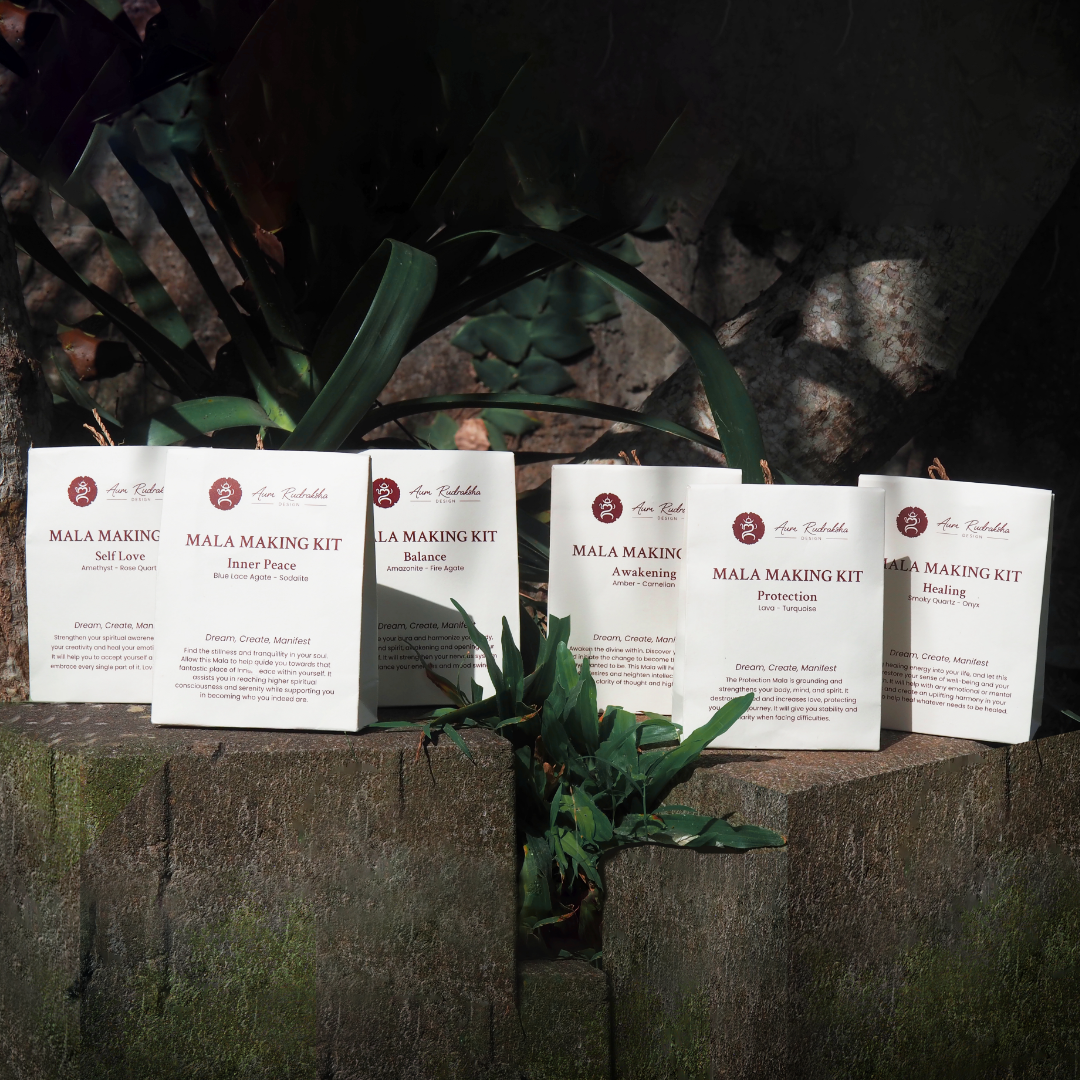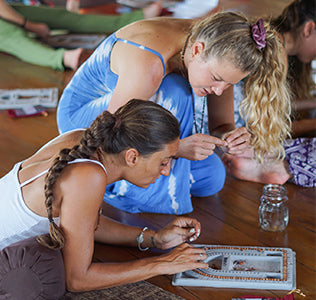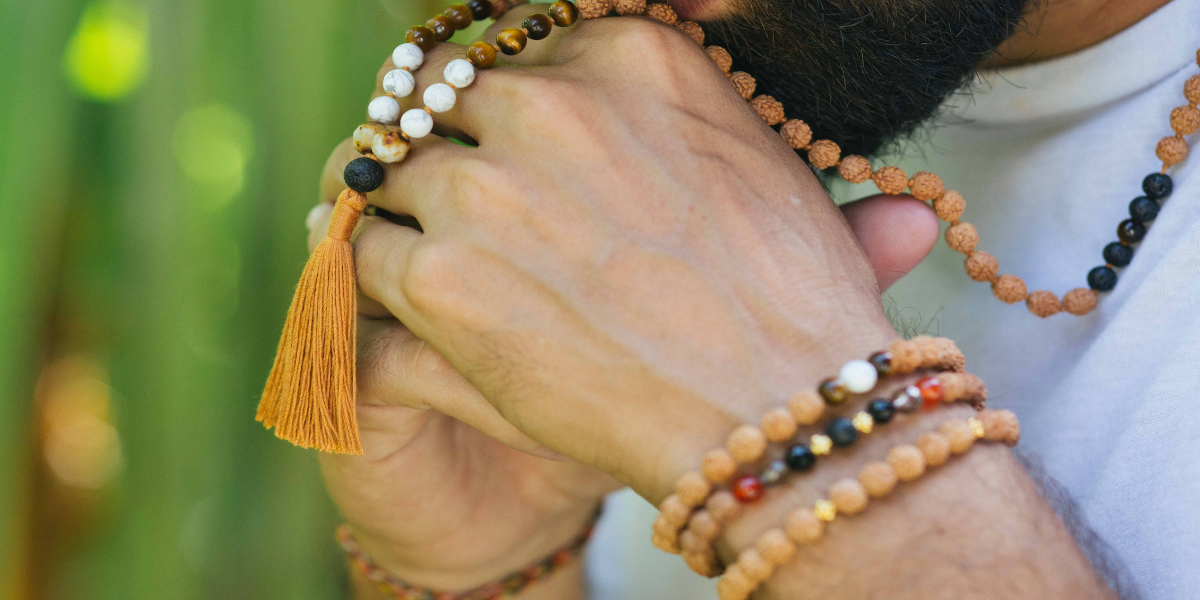A Gentle Approach to Easing Fear and Anxiety

Anxiety and fear are emotions we all experience, often when we least expect them. Anxiety is that persistent feeling of unease or worry about something that might happen in the future—for example, feeling nervous before a big presentation or concern over an uncertain outcome. Sometimes, anxiety doesn't have a specific cause and can be more general. You might worry about various things—your job, family, health—without any particular reason. This ongoing worry can make it hard to relax and enjoy life.
On the other hand, fear is a more immediate response to a perceived threat, something tangible and real. It's a survival instinct that kicks in when we feel we're in danger. Imagine walking alone at night and suddenly hearing footsteps behind you; that adrenaline rush is fear urging you to act. Though different, both emotions serve essential purposes, acting as our mind's way of protecting us from real or imagined harm.
So, why do we experience anxiety and fear in our lives?
We experience anxiety and fear because they're part of how our bodies try to keep us safe. In ancient times, fear helped our ancestors react quickly to threats, such as predators, by triggering a "fight or flight" response. Anxiety was like an early warning system, making them alert and cautious so they could avoid trouble before it happened.
Even though our world has changed and we don't face the same dangers, our bodies still react similarly to things that stress us out—like a big project at work, social situations, or worrying about what might happen in the future.
Nowadays, these feelings can sometimes show up too often or too intensely, even when we're not in real danger. This can lead to anxiety or fear getting in the way of our daily lives, preventing us from enjoying everyday activities and experiences. You might find yourself constantly on edge, unable to relax or feel truly happy, which can diminish your overall quality of life.
These feelings are alright. They're just our body's way of trying to protect us, even if they sometimes go a little overboard. However, understanding these feelings helps us see that having them is normal, and we can learn to manage them better.

Overcoming these emotions is possible and crucial for leading a fulfilling life. The first step is to be aware of these emotions and accept that they happen. When you become aware of anxiety or fear, you give yourself the chance to understand what's causing these feelings and how they're affecting you. Accepting that these emotions are part of life rather than something to fight against makes it easier to address them calmly and effectively. Once you've done that, here are some easy activities you can try to help manage them:
Practice Mindfulness and Breathing Techniques
Mindfulness is all about being in the moment. Focusing on your breath and observing your thoughts and feelings as they arise can create a sense of calm and distance yourself from anxiety. Simple breathing exercises, like deep belly breathing or the 4-7-8 technique, can also help to slow your heart rate and ease tension, making you feel more grounded.
Positive Self-Talk
The way we talk to ourselves has a significant impact on our emotions. Replacing negative, fear-driven thoughts with positive affirmations can help shift your mindset. Remind yourself that feeling anxious or scared is okay, but also focus on your strengths. Little phrases like, 'I've got this,' or 'I'm strong enough to handle this,' can help boost your confidence.
Get Moving
Exercise is a powerful tool for managing anxiety and fear. Physical activity releases endorphins, the body's natural stress relievers, which can lift your mood and reduce anxiety. Whether it's a brisk walk, yoga, or a more intense workout, moving your body helps to release built-up tension and provides a healthy outlet for stress.
Spend Time Outside
Fresh air and nature are super calming. Spending time outdoors, even if it's just a short walk, can help you feel more relaxed. The sunlight and natural surroundings can be a great break from stress.
Create Soothing Rituals
Little rituals can do wonders for your mood. Whether you sip herbal tea, take a warm bath, or wind down before bed, these small habits can help you relax and feel less anxious.
Journaling
Writing down your thoughts helps. It's a great way to get things off your chest and understand what's happening in your head. Plus, putting your worries on paper makes them seem less overwhelming.
Keep Amethyst Close
Amethyst is known for its calming vibes. You can wear it as jewelry, keep a piece on your nightstand, or use it during meditation. Its peaceful energy can help you feel more balanced and less stressed out.
Everyone deals with anxiety and fear at some point, and you're not alone in this. What's important is how you regulate your feelings. Trying out these tips and being kind to yourself will get you better at managing anxiety and fear over time. So take it one step at a time, celebrate the small wins, and know that a calmer, happier life is totally possible.
Sources:
Ernstmeyer, K. and Christman, E. (eds.) (2022) Nursing: Mental Health and Community Concepts. Eau Claire, WI: Chippewa Valley Technical College. Chapter 9: Anxiety Disorders. Available at: https://www.ncbi.nlm.nih.gov/books/NBK590031/ (Accessed: 3 August 2024).
Estevez, C. (n.d.) How to overcome fear and anxiety: 15 strategies that can help. HealthMatch. Available at: https://healthmatch.io/anxiety/overcome-fear-and-anxiety (Accessed: 3 August 2024).

















